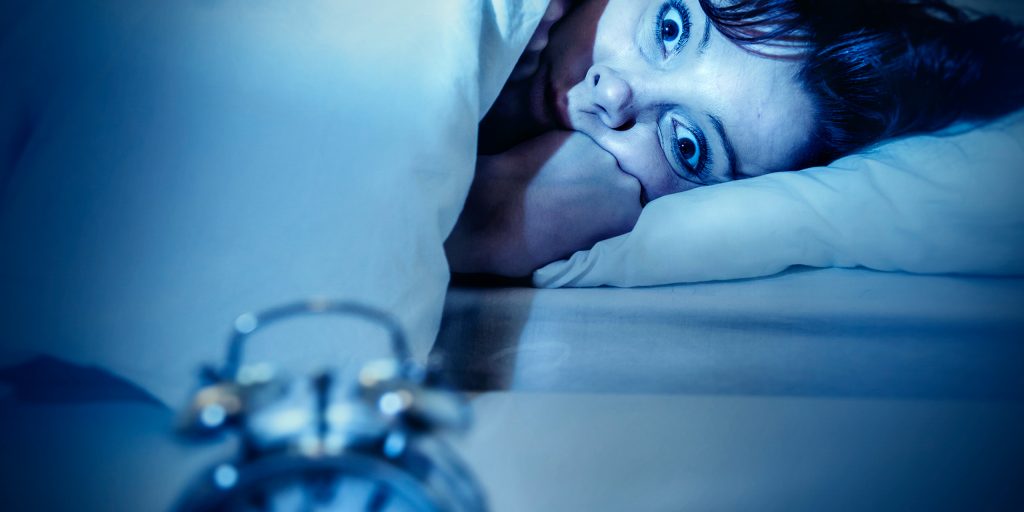
Articles
The Secret to a Happy Holiday: Create a Plan to Reduce Stress and Improve Sleep
There’s a reason you’re seeing more stories about the ways holiday stress impacts your health. While stress about COVID-19 has…
Introducing SleepScore
We deliver accurate data, actionable insights, personalized coaching and proven outcomes your customers need.
Sleep Insights
Last Published on 25th June 2017 by SleepScore Labs

In part one of our About Insomnia series, we considered the two most common forms of insomnia; acute, which is a short-term issue that ceases once outside stressors are resolved, and chronic, when deeper sleep issues must be addressed. In part two, we’ll look at three other varieties of insomnia, how they manifest, and ways to treat and deal with the sleep issues they create.
Comorbid insomnia has attributes similar to other forms of insomnia. But the main difference with the comorbid variety is that it typically starts because of a separate health issue. The National Institutes of Health note that depression, anxiety, mental illness, or substance abuse are often the associating factors known with comorbid insomnia.
The National Sleep Foundation notes that this form of insomnia needs be resolved swiftly, because of its tendency to worsen quickly and persist despite addressing the other underlying condition.
Like all types of insomnia, those with this form have difficulty falling or staying asleep, resulting in daytime fatigue or lack of clear thinking. Treatments for comorbid insomnia always include addressing the primary underlying cause.
Maintenance insomnia sets itself apart from the other varieties because although sufferers can fall asleep with ease, they have difficulty staying asleep. The Mayo Clinic prescribes general “periods of stress” as the cause, though a Harvard Study found that hormonal changes may also be to blame for maintenance insomnia.
Luckily, treatment for this form of insomnia is relatively simple. Experts recommend improving sleep hygiene habits, implementing a few stress reduction techniques before bedtime, regular exercise in the daytime, avoiding caffeine and other stimulants, and creating an optimal sleeping environment. After implementing these new habits, maintenance insomnia typically resolves itself and does not become a chronic concern.
On the flipside of maintenance insomnia, we have sleep onset insomnia. This is characterized as the inability to fall asleep once it’s time for bed. Sleep onset insomnia ranges from an acute to a chronic issue, depending on several factors. Symptoms include irritability, daytime fatigue, and difficulty concentrating.
If the issue persists and becomes a chronic problem, treatment is necessary. Sufferers will start to dread falling asleep, and this can sometimes change their behavior and even alter their psychological approach to sleep. Some simple treatments include pharmaceutical sleep aids, therapy, and the implementation of better sleep hygiene habits. If the condition continues to persist after these treatments, it’s important to talk with a physician about your sleep health.
You might be asking yourself, “When should I see a doctor about my insomnia?”. If you’ve experienced three or more nights of sleeplessness or interrupted sleep in a single week, it’s time to visit a physician. They can help diagnose issues by providing medical tests, sleep studies, and prescribing a sleep log. Before seeing your doctor, write down your exact pre-bed routine, being careful to not to leave out any details, and explain exactly what’s happening when you try to sleep. This will help doctors determine the best possible treatment plan and get you back to sleep soundly with ease.
Your sleep health is important, and it should be taken as seriously as the rest of your health issues. The good news is that a better night’s sleep is well within reach.